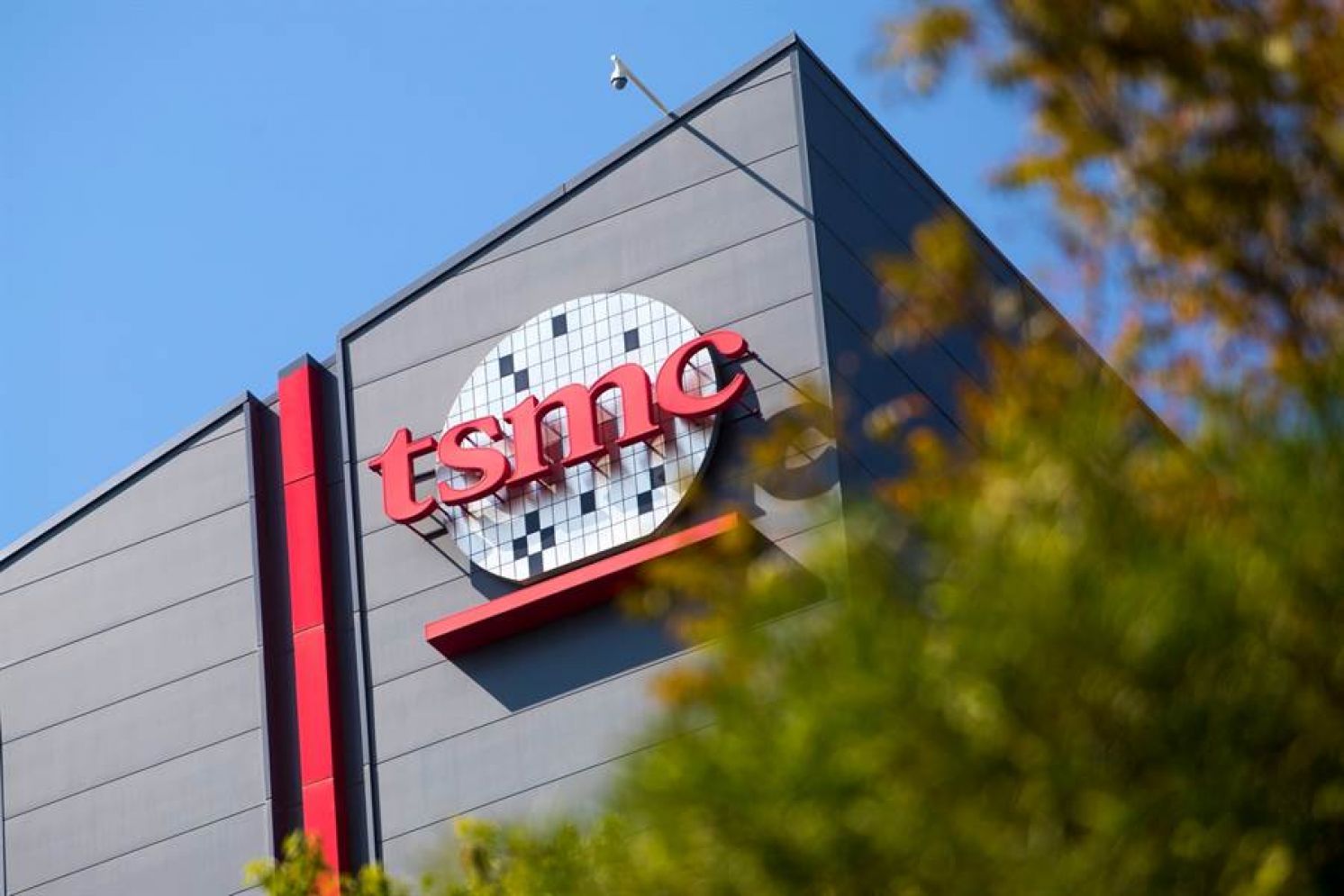
TSMC to Set Up $12 Billion 5-nm Wafer Plant in Arizona
China Times, May 16, 2020
The Taiwan Semiconductor Manufacturing Company (TSMC) said yesterday that it is planning to start construction of a 5-nanometer semiconductor fabrication foundry in Arizona next year, with monthly installed capacity of 20,000 wafers to begin in 2021. The total investment is estimated at US$12 billion. U.S. Secretary of State Mike Pompeo made a welcome statement yesterday, mentioning that TSMC’s announcement comes at a critical juncture, when China is competing to dominate cutting-edge technology and control critical industries. He indicated that TSMC’s decision will increase American economic independence. The American Institute in Taiwan (AIT) commented on Facebook that the decision sets a new milestone in the U.S.-Taiwan partnership.
The Wall Street Journal reported a few days ago that the administration of President Donald Trump had been discussing with TSMC and Intel about setting up factories in the U.S. TSMC then made the announcement yesterday. Currently, TSMC operates a wafer factory in Camas, Washington and design centers both in Austin, Texas and San Jose, California. The Arizona facility would be TSMC’s second manufacturing site in the United States.
TSMC indicated that the 5-nm technology is the most state-of-the-art semiconductor fabrication foundry in the world. With the help of federal government and Arizona state government, the total capital expenditure is estimated at US$12 billion from 2021 to 2029.
TSMC emphasized that the project is of critical, strategic importance to a vibrant and competitive U.S. semiconductor ecosystem and render better services to its clients and partners. The new investment is to directly create more than 1,600 high-tech jobs, as well as thousands of indirect jobs in the semiconductor ecosystem.
As for the supply chain, the TrendForce, a market researcher, indicated that in spite of TSMC’s existing 8-inch wafer fab in the United States, the company has to handle the fact that 12-inch fabs require different supply chains compared to 8-inch fabs. That is why TSMC’s project in Arizona may also involve other Taiwanese suppliers of semiconductor-related raw materials or even components moving their production to the United States as well.
There is media allegation that the United States has repeatedly named high-tech enterprises to set up plants in the United States because of concerns about the rise of high-tech in China. TSMC’s decision exposes President Trump’s behind-the-door maneuver of the Taiwanese government to persuade TSMC. The media named Taiwan’s President Tsai Ing-wen as a “matchmaker.” Secretary Pompeo said yesterday the case can strengthen U.S.-Taiwan relations and U.S. national security,” and Secretary of Commerce Wilbur Ross said that TSMC’s plan is “another indication that President Trump’s policy agenda has led to a renaissance in American manufacturing and made the United States the most attractive place in the world to invest.”
In Taiwan, Office of the President Spokesman Xavier Chang said that TSMC is an internationally renowned multi-national corporation which follows its own development strategy. President Tsai is optimistic about the company’s success but would not be involved behind the Arizona expansion.
The AIT said on Facebook that the investment means that the relations between the United States and Taiwan are not just “true friendship” and “real progress” but also built on many shared values, including respect for intellectual property rights and innovation, protection of internet freedom, and commitment to private sector-led growth. The announcement of TSMC and the resulting expansion of the U.S.-Taiwan commercial ties are exemplary of how these shared values can also help both countries pursue common strategic interests.
From: https://www.chinatimes.com/newspapers/20200516000413-260110